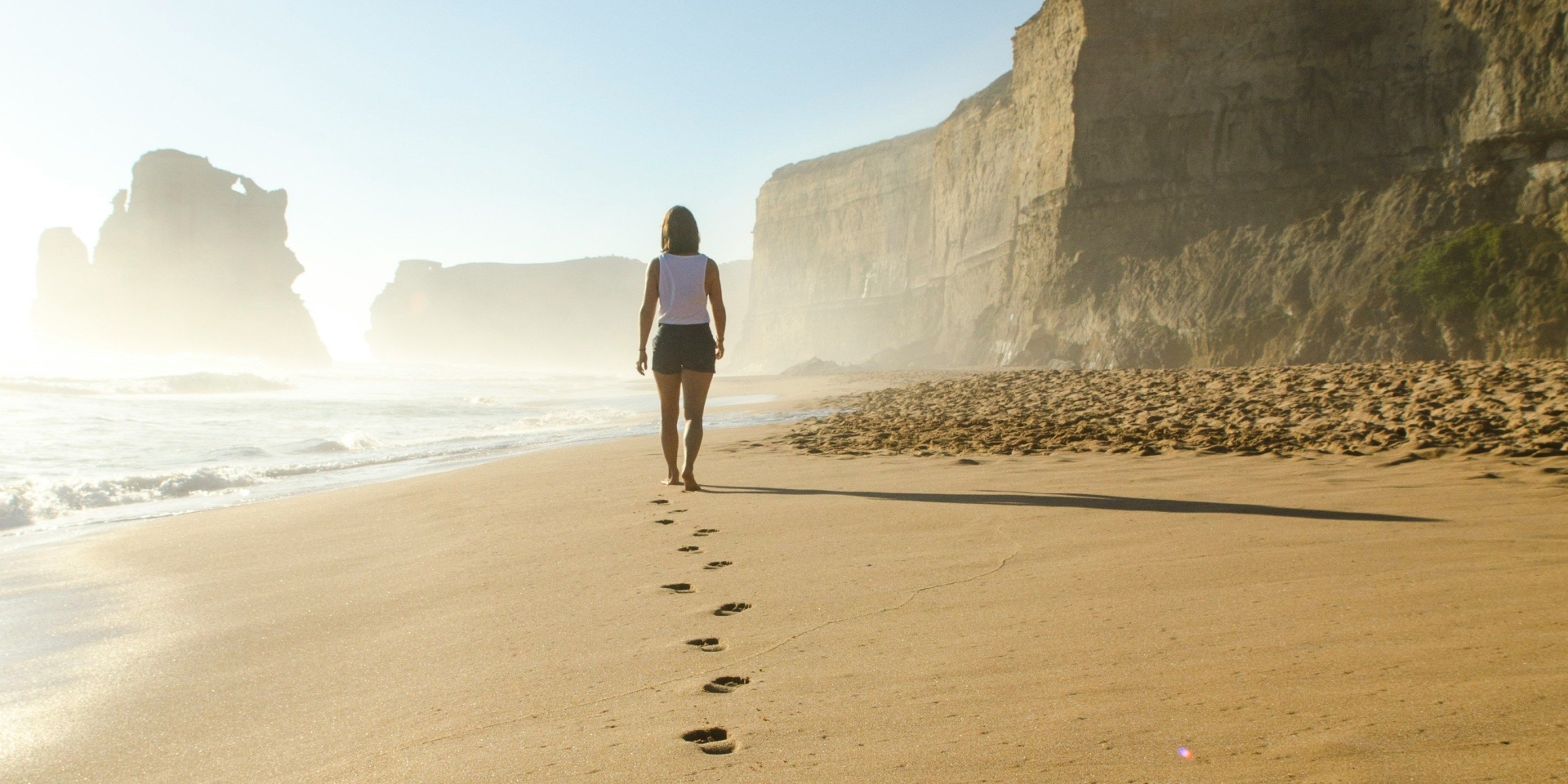As 2022 drew to a close, for many, the event at the top of their priority list wasn’t Christmas. It was the World Cup.
Ending in a climactic game between France and Argentina on 18 December, Argentina’s Lionel Messi took his national side to a penalty victory against a French team featuring his PSG teammate, Kylian Mbappé. The World Cup final was watched live by a record-breaking 26 million viewers in the US alone, the Los Angeles Times reports.
Although the soccer was nothing short of spectacular, the 2022 World Cup was no plain sailing off the pitch.
Controversially hosted in Qatar, the tournament ignited a wildfire of media attention before it had even been played – with many criticising FIFA, and the participating teams, for agreeing to the location. Some of Qatar’s laws were widely decried, including those surrounding same-sex relationships, in addition to the low pay and poor health and safety conditions for construction workers.
Another huge point of media focus was the ban on alcohol from being consumed in or around the stadiums – a decision made just two days before the tournament began.
This is where Budweiser comes into the story. Having sponsored the FIFA World Cup for the last 36 years, this titan of industry had already shipped out millions of dollars’ worth of their famous red cans, and had adorned Doha’s stadiums with advertising for their standard alcoholic beers. Suddenly, all that had to change.
As a business owner, this story could make you sweat. The idea of changing an entire multi-million dollar campaign in two days is the stuff of entrepreneurial nightmares.
However, for Budweiser, Qatar’s World Cup U-turn was treated as an opportunity.
Here’s how they did it, and the lessons this feat could teach you as a business owner.
Innovation can help you spin gold from straw
It’s easy to imagine the reaction of Budweiser’s team when they were informed they could no longer sell the hundreds of thousands of red cans they had already shipped to Doha in the various tournament stadia.
Yet the innovation displayed by Budweiser in the face of this challenge is a lesson to all business owners: it is possible to spin gold from straw.
Presented with the challenge of only serving 0% alcohol beers in and around the World Cup stadia, Budweiser decided to embrace both humour and the competitive spirit of soccer.
Firstly, they posted a picture of their red cans on Twitter, with the caption: “New Day, New Tweet. Winning Country gets the Buds. Who will get them?”
Thinking on their feet, the Budweiser team decided to donate this bumper stock of Budweiser to the country who took home the trophy. Not only does this move heat up the competition further, but it also invited fans to place their predictions in the thread below, boosting engagement.
Next, they unveiled a new slogan: #BringHomeTheBud. This hammered home Budweiser’s subtle-yet-clear point: the beers they shipped to Doha will still be drunk by soccer fans, and will still be used to celebrate sporting victory, no matter what.
This marketing move could help you form your own innovative strategy if the goal posts change last-minute. While this must have been very stressful for Budweiser, their response made the most of the media buzz, and cleverly attracted further kudos from soccer fans around the world.
When you are met with a sudden challenge, it could be tempting to panic. However, your best laid plans may often go awry through no fault of your own – and the key thing is to graciously adapt in a way that invites admiration from your clientele.
Agility is an essential survival skill as a business owner
Of course, one of the main actions Budweiser had to take in light of the changing rules was to boost the sale of Budweiser Zero. Selling alcohol-free beer to soccer fans is no mean feat, but Budweiser had to find a way to make this shift seem appealing to disgruntled attendees.
To do this, Budweiser did not shy away from advertising their zero-alcohol beer. While this wasn’t the original plan, no time was wasted – screens were placed around the stadia running looped ads for Budweiser Zero, and the cans were visibly stacked in every available outlet.
What’s more, Budweiser accompanied these optics with signs reading: “Budweiser is proud to serve its products in compliance with the local rules and regulations.”
Entrepreneurs, take note: rather than allowing their ego to get the better of the situation, Budweiser complied, and doubled down on the opportunity to sell their alcohol-free drinks.
This display of agility could hit home for you – your company may have weathered many changes in recent years, including adapting to the lockdown restrictions during the pandemic. Who knows what’s on the horizon, but it is likely your business could face the unexpected again in future.
Ultimately, fighting external changes can sometimes be fruitless. Moving with the times and thinking on your feet could serve your business much better.
Dwelling on losses gets you nowhere – it’s all about the big picture
One difficult aspect of Qatar’s last-minute U-turn on the sale of alcoholic drinks was that Budweiser lost money. In fact, The New York Times reports they spent up to $5 million on shipping and storing their drinks in preparation for the World Cup.
Without the possibility of sale at the matches themselves – and with their decision to donate the beers to the winning side – there was no way Budweiser could regain that financial loss.
On learning they’d lose money when the sale of beer was banned, Budweiser had a choice. They could have cut ties with FIFA, publicly denouncing the tournament, and sought out a new sponsorship deal elsewhere.
However, they chose to accept the loss – and there’s a very good reason why.
Budweiser’s contract with FIFA, reportedly worth up to $75 million, will shortly be up for renewal. While losing $5 million due to forces out of their control must have hurt, sabotaging a potentially lucrative future deal would not have been a beneficial move in the long run.
When running your own business, there will be times where you lose. You could invest heavily in a campaign that doesn’t take off as you expected, or be rocked by external circumstances like the Covid-19 pandemic.
Accepting financial loss can be challenging, but dwelling on the situation can prevent you from seeing the big picture. Yes, a dip in your company’s financial viability is less than ideal. However, new opportunities could be on the horizon – and staying true to your branding, message, and goals is vital when experiencing a downturn.
Ultimately, reviewing your financial plan, whether personal or business-related, can help you accept downturns and continue with your vision. Following in the footsteps of Budweiser, you can learn to take challenges and turn them into golden opportunities.
Get in touch
Want to spin gold from straw? We can help. For a review of your financial plan, email us at [email protected], or call 01273 076 587.
Please note
This blog is for general information only and does not constitute advice. The information is aimed at retail clients only.
The value of your investment can go down as well as up and you may not get back the full amount you invested. Past performance is not a reliable indicator of future performance.








